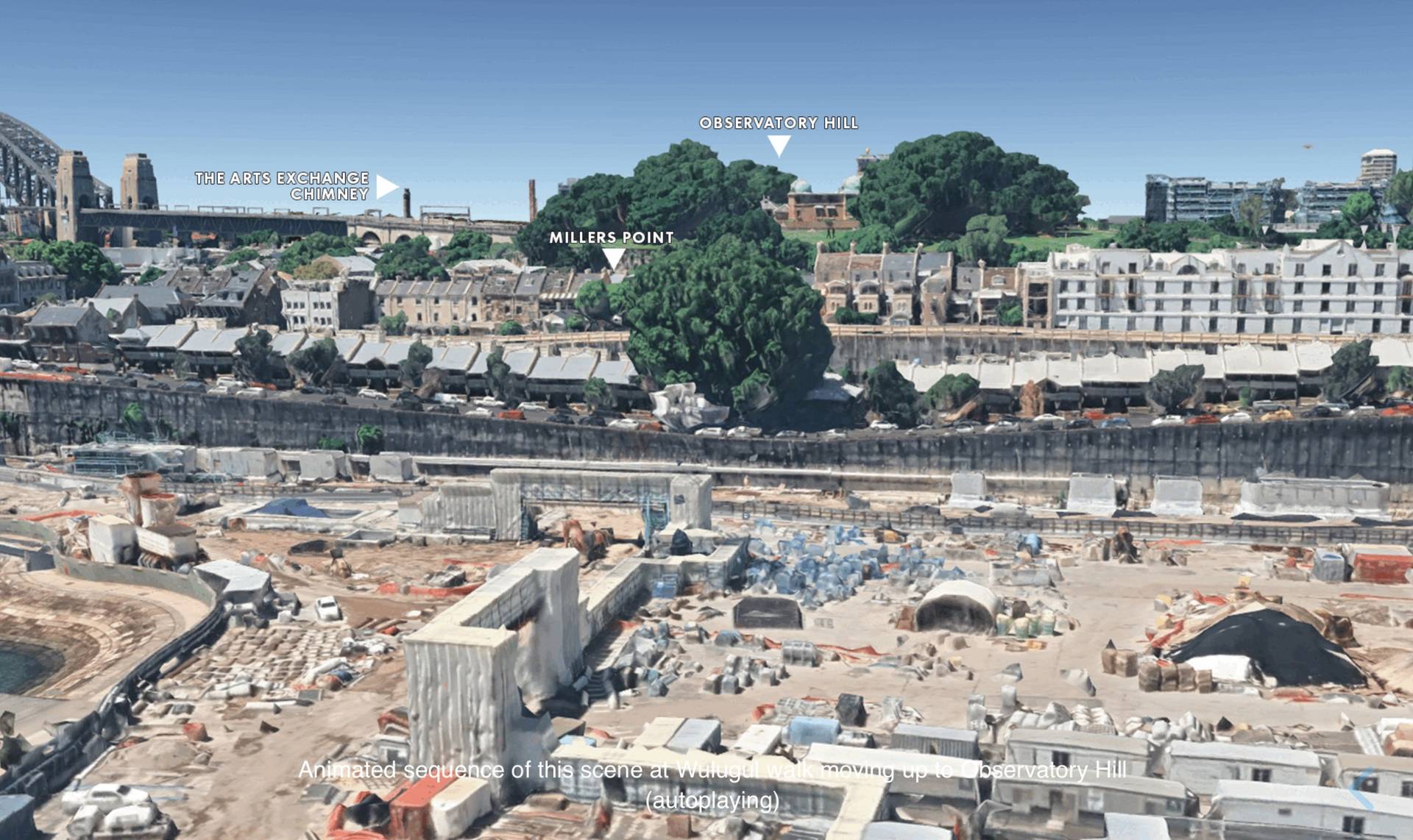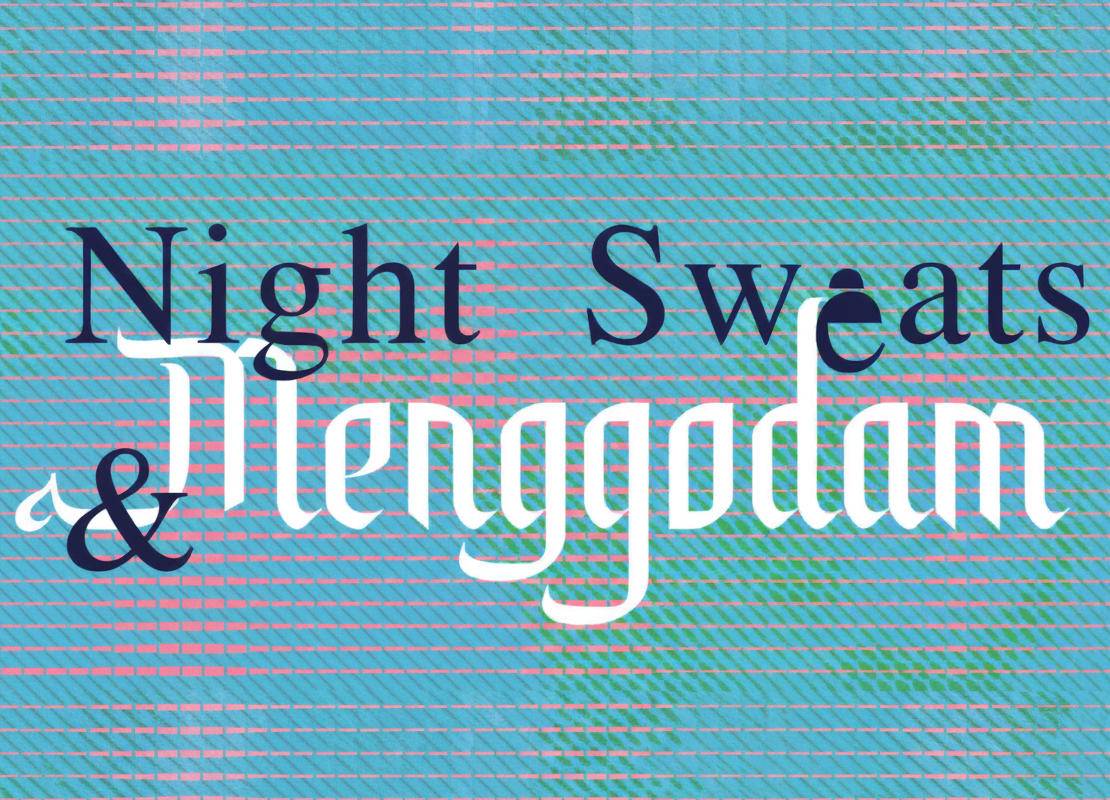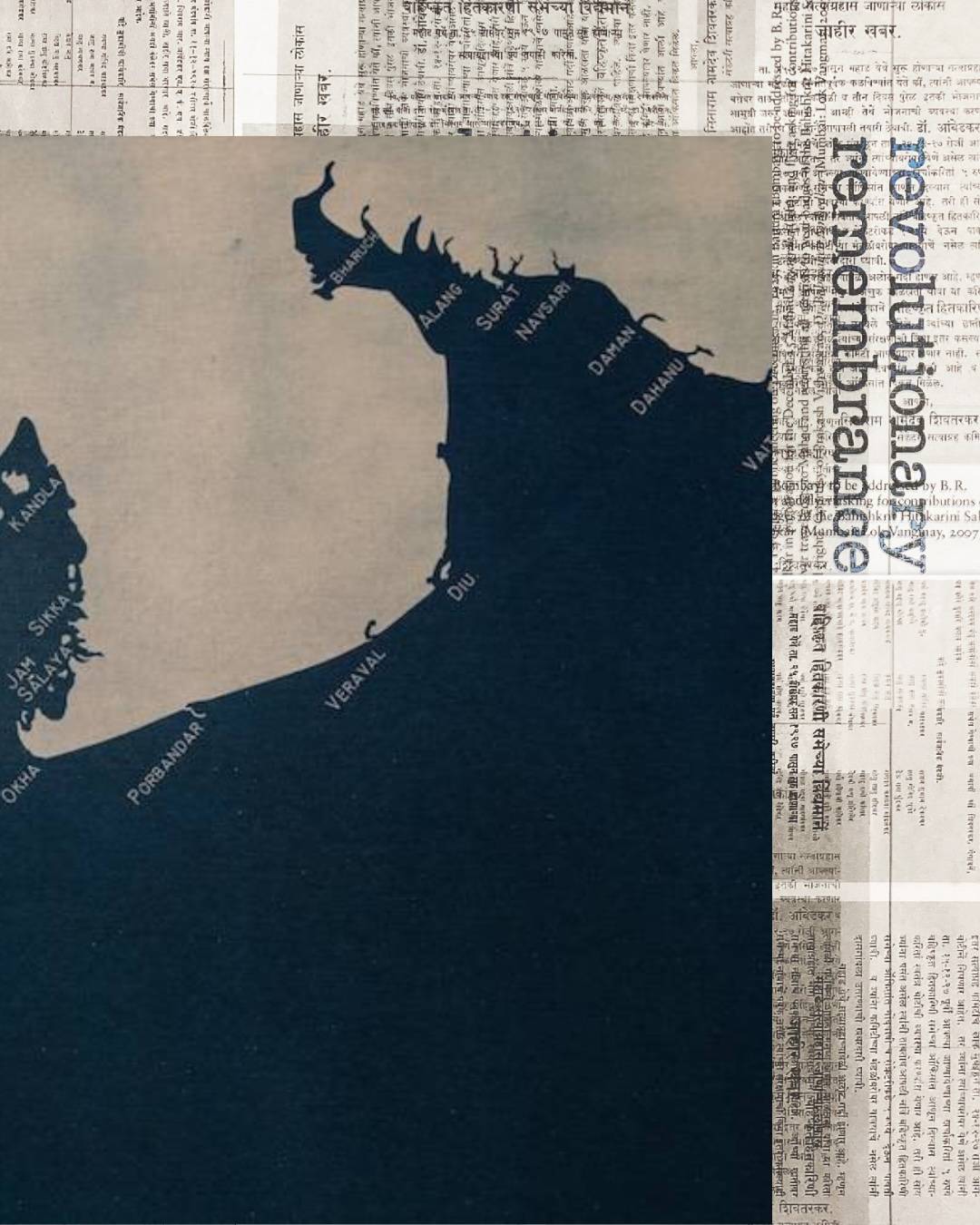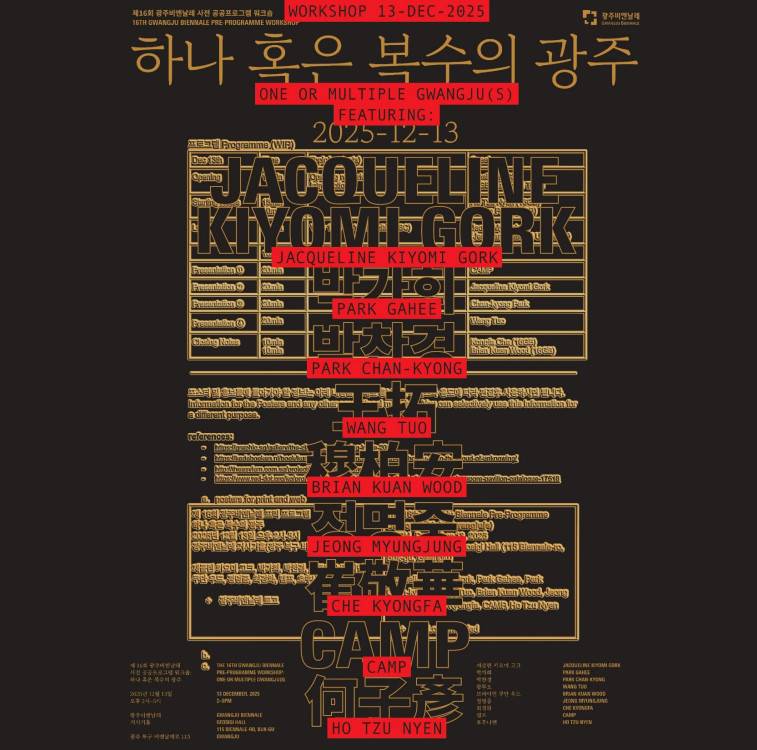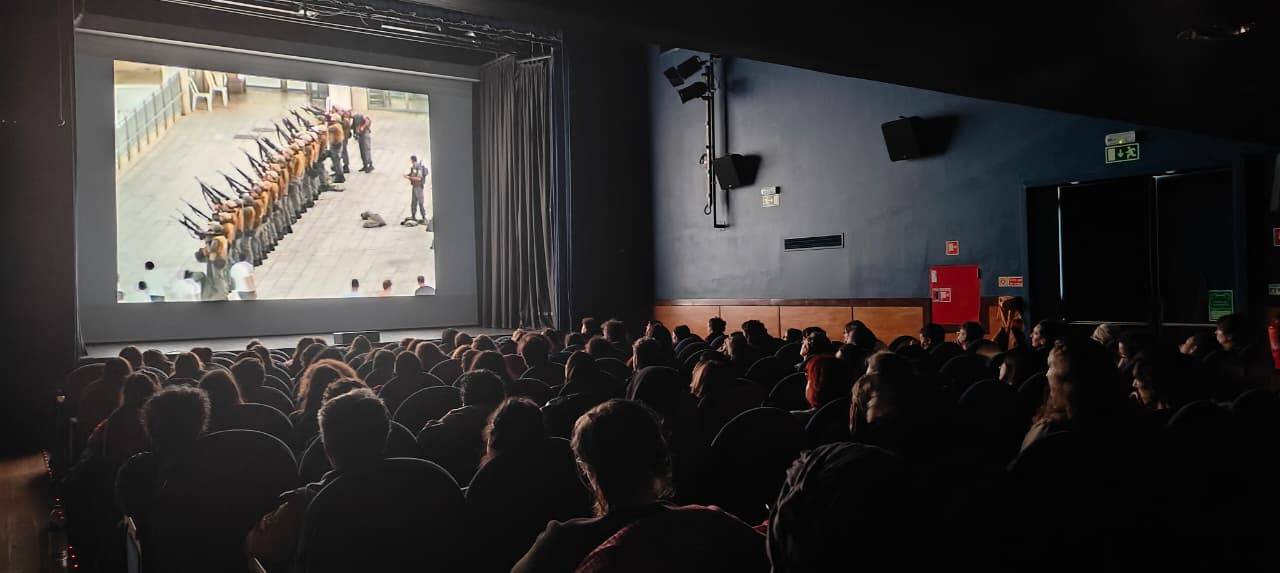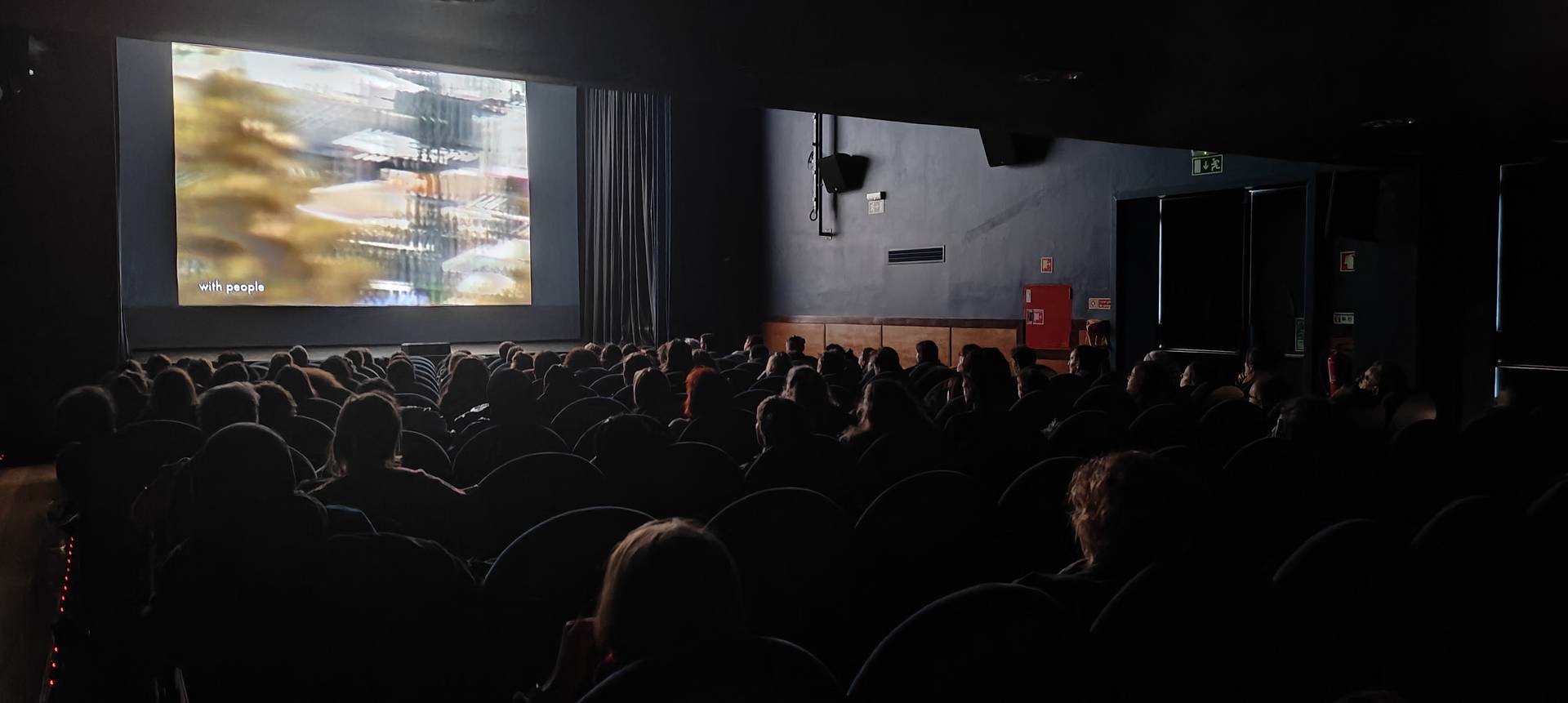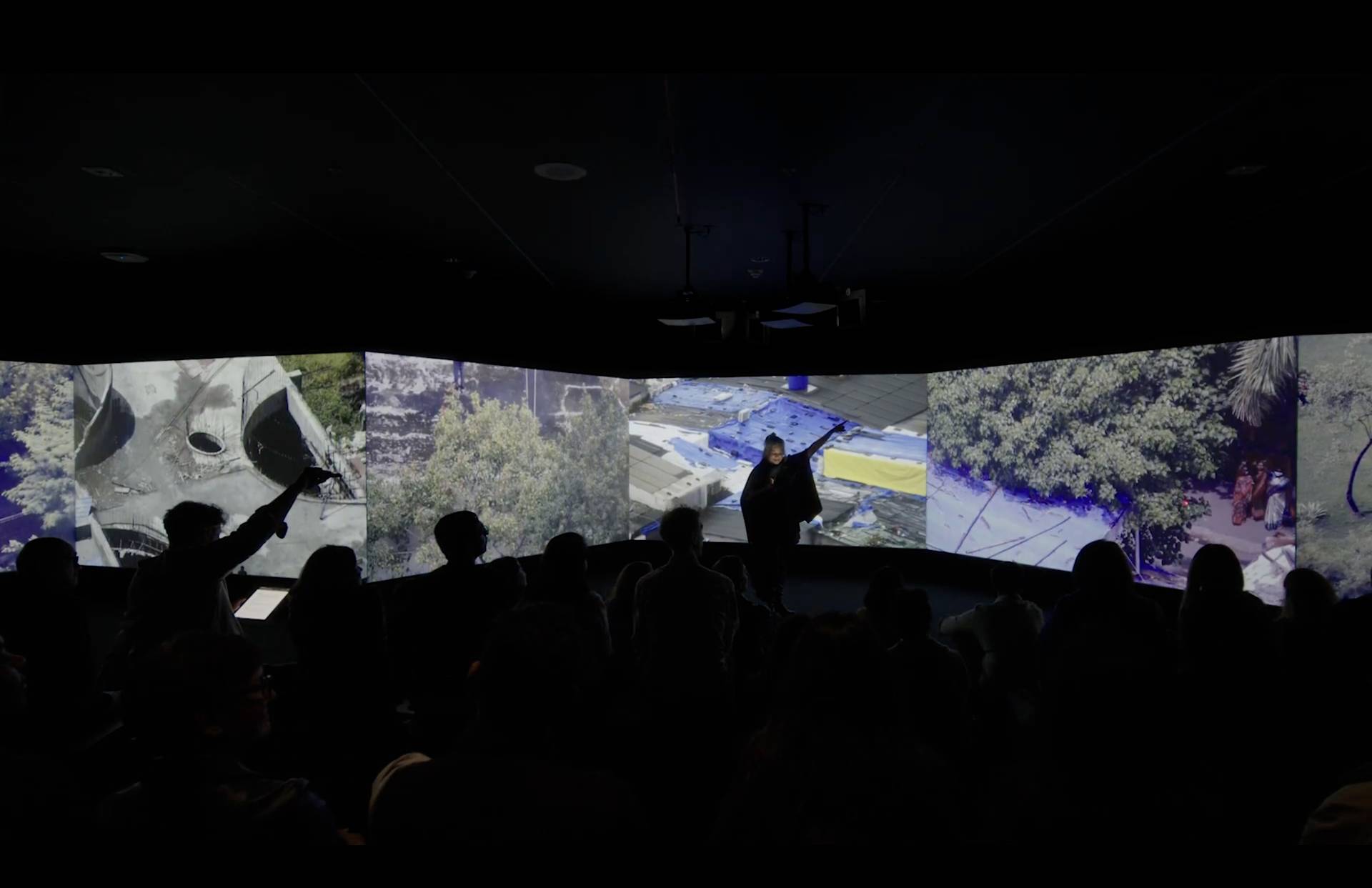Five: Cinema Hindou
May 13, 2008 - May 13, 2008
Cinema Hindou- Anhoni Ko Honi kar De (Hindi Cinema: make the unreal, real)
The market's demand for Bollywood (actually old hindi cinema) was really persistent. On the morning of Soiree 4, when we were out on our charging rounds people had not seemed exactly overjoyed at our announcement of a Wolof film, you had promised an Indian film they said. We had to agree, but where would we get films on such short notice? 'Around the kogne', we were told and we were led back to the shop of the father of Diop et freres (who repaired electronics). Out of a drawer came out over 50 films, in the all too familiar polythene bags...we bought Pukar, Don, Hare Rama Hare Krishna, Fakeera (1976) which seemed to be another well-watched and remembered film. It had been hard chosing the film for the evening, it was a toss-up between Fakeera and another very popular film. Even though they both had French subtitles, the majority of the public would not be reading them. Too often we had been told, 'well show them anything, they can consume it all', and we had been offended by this attitude among the Senegalese (and of course French)cultural elites.
Determined not to let it disintegrate into just a spectacle we began by deconstructing and describing the film scene by scene. I would comment in English and Amala would translate into Wolof. By the time the title sequence of Amar Akbar Anthony hit the screens (some 20 minutes into the film), the story had gotten too convoluted and too unbelievable to explain, any attempts at articulation would be reductive. Hindi cinema is an immersive spectacle whose narrative language transcends logic and belief. Amar Akbar Anthony is a film that had run for weeks in Dakar, its title song still being sung by anyone old enough to recollect. A trip down the years for many in the audience, who remembered nostalgically their weekend escapes into Hindi cinema.
This time we had tied the screen across the road. A 2-way screen with a 2-way audience. Diop et Freres's speaker/tuner system provided ample sound from across the road and his father's shop covered the spread inside the lane and also doubled up as a viewing gallery.Several smaller radios dotted the floor. Of course, in lieu of the epic length, we had to charge two batteries! We still ran out of juice mid-way through the 2nd half and drew the charge from the shop of Amadou Diallo next door.






















